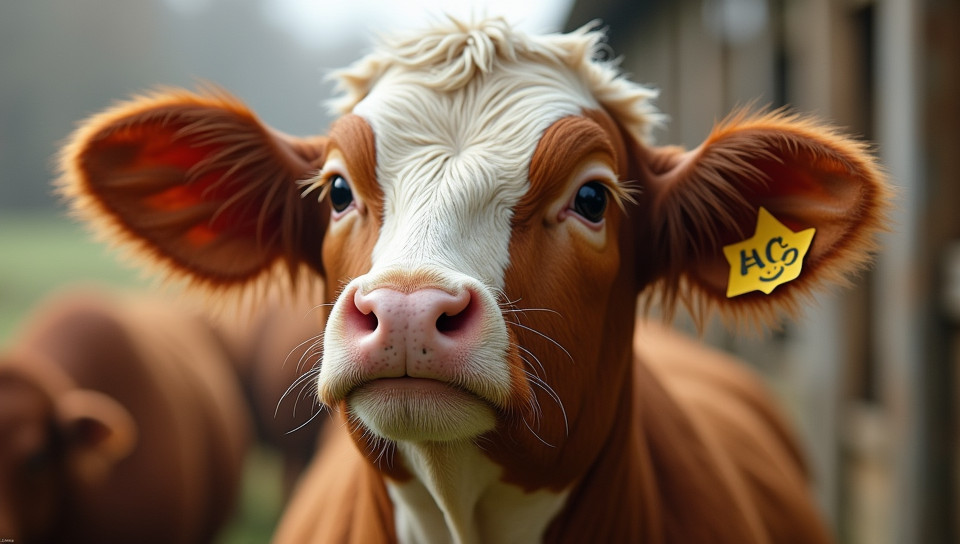Some consumers do not prioritize animal welfare 49%

The Dark Side of Consumerism: Why Some People Don't Prioritize Animal Welfare
As we scroll through our social media feeds, it's easy to get caught up in the feel-good stories about animal sanctuaries and conservation efforts. However, behind the scenes, there are still many consumers who prioritize their own interests over animal welfare. This disconnect between consumer values and treatment of animals is a pressing issue that requires attention.
The Disconnect Between Values and Behavior
Research has shown that many people claim to care about animal welfare, but their actions don't always reflect this sentiment. A study found that while 85% of consumers believe that animal testing is wrong, 65% still purchase products from companies that test on animals.
- Lack of awareness about product sourcing
- Misconceptions about the impact of purchasing habits on animal welfare
- Prioritization of personal convenience over ethical considerations
This disconnect between values and behavior highlights a critical issue: many consumers are not making informed choices when it comes to animal welfare. As a result, companies continue to exploit animals for profit, while consumers remain unaware or apathetic.
The Impact of Consumer Choice on Animal Welfare
The way we choose to spend our money has a significant impact on the lives of animals. By purchasing products from companies that prioritize animal welfare, we send a message to those companies that this is what matters most. Conversely, when we choose products from companies with questionable ethics, we inadvertently perpetuate animal exploitation.
Breaking Down Barriers and Creating Change
So, how can we bridge the gap between our values and behavior? Here are some steps we can take:
- Educate ourselves about product sourcing and company policies
- Support organizations that promote animal welfare and conservation
- Make conscious choices when shopping for products
By taking these steps, we can create a cultural shift towards prioritizing animal welfare. It's time to hold companies accountable for their treatment of animals and to make informed choices as consumers.
Conclusion
Prioritizing animal welfare is not just a moral obligation; it's also a vital step towards creating a more compassionate and sustainable world. By acknowledging the disconnect between consumer values and behavior, we can begin to bridge this gap and create positive change. As consumers, we have the power to drive demand for better treatment of animals. It's time to exercise that power and make animal welfare a top priority.
- Created by: Dylan Romero
- Created at: Jan. 27, 2025, 1:38 p.m.
- ID: 19186








